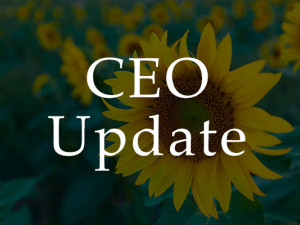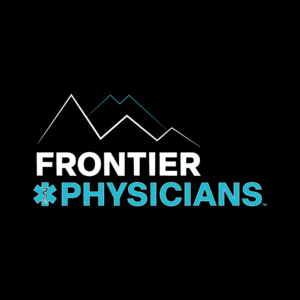CEO Update: Celebrating Women

May brings Mother’s Day and I hope all our moms received some well-deserved recognition. I was lucky to have the opportunity to spend the day with my mom and my daughter. We reminisced about past events, current happenings (both good and challenging) and some future plans together. I feel very fortunate that both my mom and daughter live close enough to get together frequently and I feel even more fortunate to still have my mom around after a few health scares last year. It’s not always easy to talk about things like taking care of yourself, but it’s important to do, especially with the ones we love.
May 12-18 was National Women’s Health Week and the Center for Medicare and Medicaid Services reported “Heart disease continues to be the leading cause of death for women in the U.S., with more than 60 million women living with some form of the disease. In 2021, 22.6% of deaths in Black women were attributed to heart disease, compared to 18% of deaths in White women.” In Colorado, we know that Heart Disease statewide is 2.5%, 2.3% for urban and 4.0% for rural for adults in 2021.
In addition to chronic disease for women, across the county we are seeing a decline in maternal health availability in rural communities. From 2015 – 2019 there were at least 89 obstetric unit closures in rural hospitals across the U.S. and in Colorado 25 counties (56%) are considered Maternal Care Deserts, or areas where there are no OB providers, hospitals, or birthing centers offering OB care. Why is this important? Because 36% of rural women didn’t have their first prenatal care visit until three months (2022) and fewer than half of the women in rural areas can find this care within 30 miles. Many reasons exist to help explain why we do not have adequate OB services in rural communities: less than 10% of OB providers practicing in rural, physician and nursing shortages, and financial challenges due to the high cost of running a labor and delivery unit.
For our rural communities to continue to thrive, we must be able to offer all types of healthcare services to all types of individuals. If you’d like to learn more about the impacts of healthcare in rural communities in Colorado and work towards solutions for rural sustainability, reach out and get involved!



